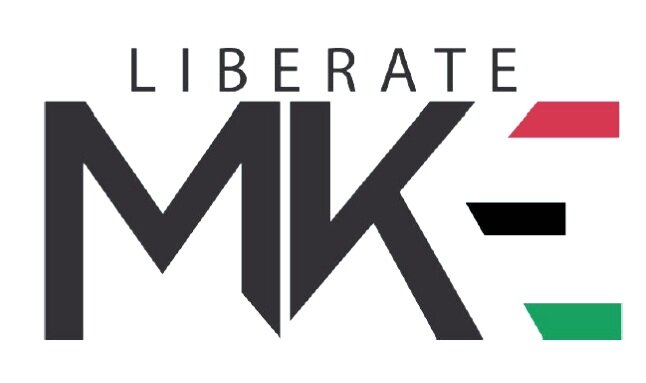Food Apartheid on Milwaukee’s Northwest Side
On March 10, 2023, the Walmart located on Silver Spring Drive permanently closed its doors for business. The closing was announced a month prior, leaving frequent store shoppers shocked and devastated. This is yet another example of disinvestment to Milwaukee’s Northwest Side, a part of the city that is treated as if it’s not part of Milwaukee. It is hard to ignore the blatant neglect towards the Northwest Side when grocery stores are closing all while plans to open a youth prison are being approved.
This Walmart was already located in one of Milwaukee’s food deserts, and closing it only exacerbated this issue as if the desert wasn’t dry enough. However, a food desert isn’t the appropriate language to use for this occurrence, because this implies it was natural. There is nothing natural about removing a grocery store in a minority community. The more appropriate language to use is food apartheid, a term popularized by farmer and food justice advocate Karen Washington. This language better describes how unequal food access reflects racially discriminatory planning practices in communities of color.
Currently, there is only one grocery store and a Dollar Tree within a one-mile radius of where Walmart used to be. This is inconvenient for shoppers who do not have private vehicles to drive to grocery stores and rely on public transportation, walking, or biking to access food. Discussions about replacing Walmart with another grocery store were on the rise after the announcement of the closing, but months following the closing, those conversations have subsided as if the issue has disappeared. However, this issue has not gone away, and Northwest Side residents now must work harder to access food.
So, the question is what happens now? The answer to that question is unclear, but one thing that is known is that the Northwest Side has not been forgotten and the advocacy for food justice in Milwaukee will not end.
